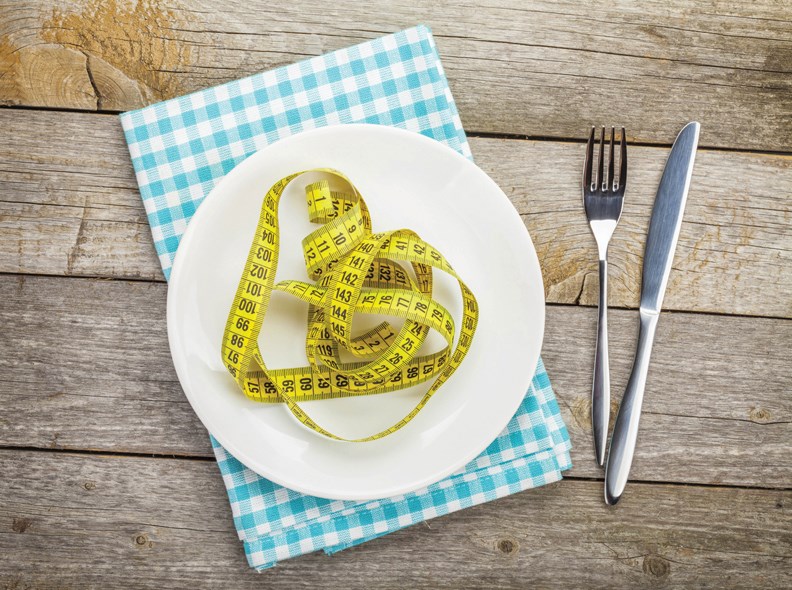Exercise and healthy eating are the main components to shedding pounds and maintaining that weight loss over the long haul. Although bodies and dietary needs vary from person to person, medical professionals typically advise adults to consume a certain amount of calories per day to maintain long-term health.
The National Health Service advises the average adult male needs approximately 2,500 calories per day to keep his weight constant, while the average adult female needs 2,000. Reducing caloric intake slightly can serve as a catalyst to losing weight. A healthy weight can reduce the risk of certain diseases and conditions, such as diabetes, heart disease and arthritis-related joint pain.
People will find there are dozens of diets designed to help them eat less, and some of these may be more manageable than others. There also are additional strategies people can take to curb unhealthy eating habits, which can contribute to weight gain.
• Drink more water. Dehydration symptoms can mimic the symptoms of hunger. Before reaching for a snack, try a tall glass of water. Also, consume water before a meal and you will be less likely to overeat.
• Use a smaller plate. It’s possible to trick the brain into thinking you’re eating more than you really are by reducing the size of your plate. A full plate sends the signal that you’re eating a lot.
• Eat slowly. Rushing through a meal may cause you to overeat. Focus on the bites you take and savor each one. Slowing down also will help you recognize when you are satisfied and can put down your fork.
• Dole out portions in advance. When eating meals or snacking, pre-select portion sizes and keep the larger pot of food or bag of chips in the pantry. Out of sight, out of mind, and you probably won’t miss the extra food.
• Start with a protein-fueled breakfast. Breakfast is touted as the most important meal of the day, and there is evidence that selecting protein laden foods for breakfast, rather than simple carbohydrates, may suppress appetite throughout the day. Choosing an omelet over a bagel might make a real difference.
• Don’t eat while distracted. Eating while involved in an important conversation or while watching an engaging television program can divert attention away from how much you are eating, so stay focused on the amount of food you’re eating.
• Know food weaknesses. If you’re a sucker for ice cream, don’t stock it in the freezer. If you tend to eat as a coping method to stress, look for a healthier way to relieve that anxiety, such as exercise. Recognizing and eliminating foods that may encourage poor eating habits can help you eat less.
Overeating can be curbed by taking a few simple steps that are as effective as they are easy.
– Metro Creative



